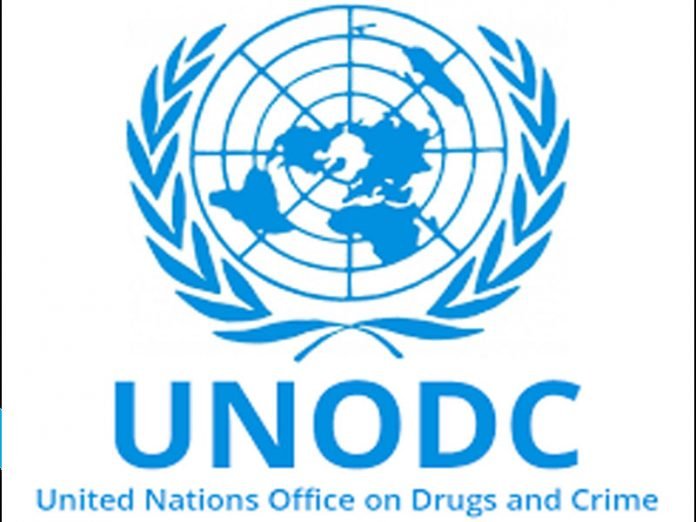The United Nations Office on Drugs and Crime (UNODC) has launched the Strategic Vision for Africa 2030 to partner member states and stakeholders over the next 10 years to strengthen crime prevention, promote balanced drug control and improve the rule of law.
In his address at the launch, the Executive Director UNODC, Ghada Waly said that the ‘Strategic Vision represents a transformative approach to our work. It aims to adopt an integrated, people-centred, and human-rights based approach to empower African societies against drugs and crime.’
“By building resilience and promoting the rule of law, we can help African countries live up to their aspirations for sustainable development,” said Ms. Waly.
According to UNODC, while it aims to adopt an integrated and people-centred approach to empower African societies to thrive as they develop sustainable solutions to drug and crime challenges, it also recognises the challenges faced by the estimated 489 million people living below the poverty line. In addition, the COVID-19 pandemic has prompted a rise in violence against women, girls and children in general, and has disproportionately affected smuggled migrants and refugees, children and youth, prison populations and people who use drugs.
It noted that access to healthcare for more than 400 million African people is either non-existent or severely restricted, adding that with more than 95 percent of medicine and medical products in Africa imported, crime and corruption targeting medical products and health systems is an emerging threat.
“Corruption and a lack of sufficient accountability and oversight mechanisms are threatening Africa’s sustainable development, human security and governance. Africans are denied more than US$ 50 billion per year in public and private money that is illegally earned, transferred or used, according to the Mbeki report on Illicit Financial Flows (IFFs). An estimated US$ 88.6 billion, equivalent to 3.7 per cent of Africa’s GDP, leaves the continent yearly.
“With less than 10 years remaining to achieve the Sustainable Development Goals (SDGs), UNODC’s Strategic Vision for Africa 2030 sets out a way forward that will enable partnerships to leverage Africa’s strengths and resources to address these challenges. UNODC’s mandates, technical expertise and wide geographic reach offer a unique opportunity to support the Agenda 2030 and the African Union’s Agenda 2063 priorities for peace, security, rule of law, health, human rights, social cohesion and economic growth,” it added.
![]()










